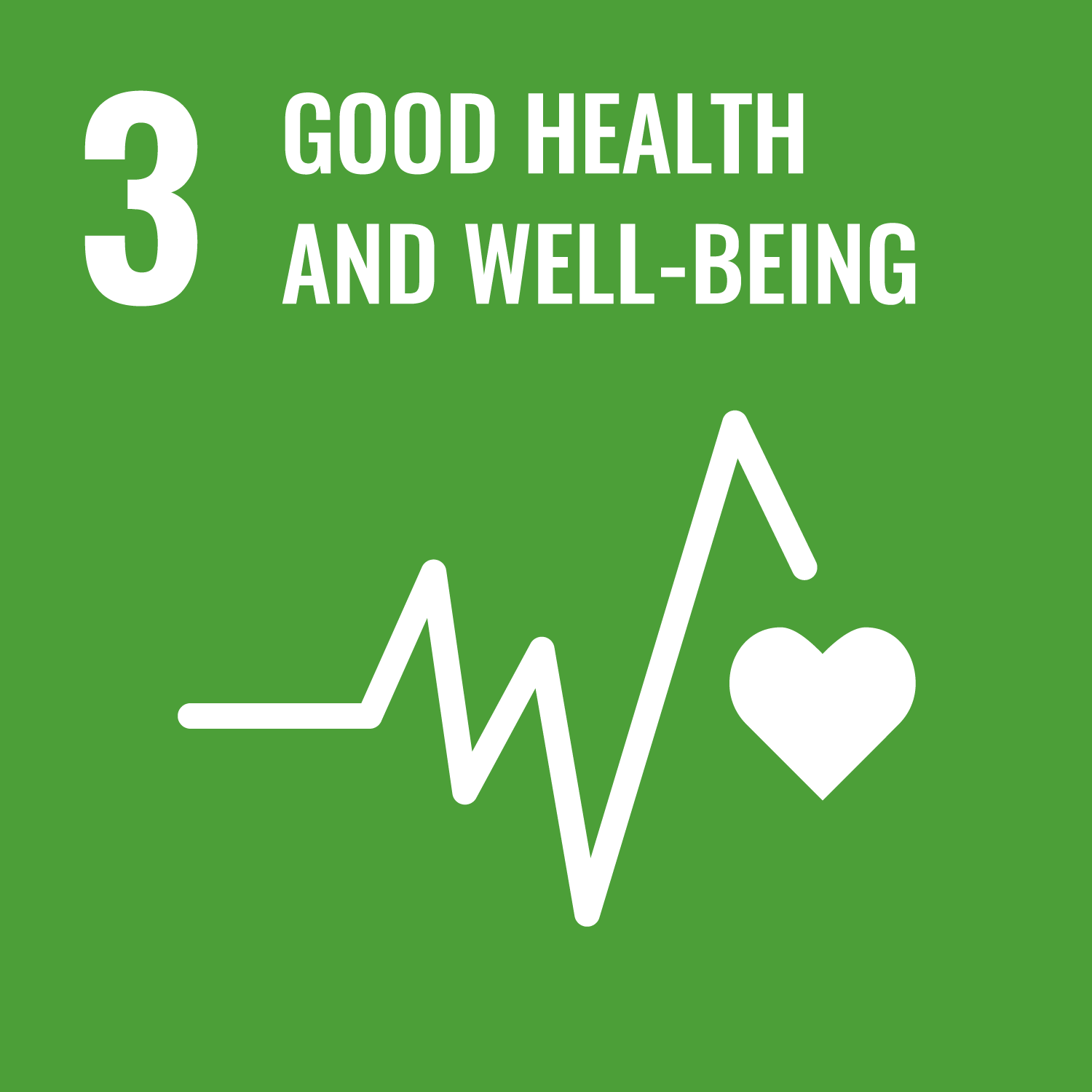Mapping Exposure-Induced Immune Effects: Connecting the Exposome and the Immunome
Immune-mediated, non-communicable diseases, such as autoimmune diseases, allergic diseases and asthma, are chronic disorders in which the interaction between exposome and immune system plays a pivotal role. As prevalence and societal costs of these diseases are rising in the EU, a holistic approach is needed.
The EXIMIOUS consortium—gathering high-level experts in immunology, toxicology, clinical medicine, environmental hygiene, epidemiology, bioinformatics and sensor development—will bring about a new way of assessing the human exposome by linking innovative ways of characterizing and quantifying multiple and combined environmental exposures (exposomics) with high-dimensional immunophenotyping and -profiling platforms to map the (early) immune effects induced by these exposures (immunomics).
In several cohorts—covering the entire lifespan, including prenatal life—we will extensively map exposome, immune system (immunome), other omics and clinical and socio-economic data, using two main methodologies—one starting from the exposome, the other starting from health effects—that ‘meet in the middle’. Novel bioinformatics tools, based on systems immunology and machine learning, will be used to integrate and analyse these huge datasets and to construct ‘immune fingerprints’ that reflect a person’s lifetime exposome and identify ‘immune fingerprints’ that are early signs of poor health and predictors of disease at the individual level. We will build a multifaceted toolbox for researchers, policy makers, clinicians and the general public containing the exposome/immunome tools developed during the project to help assess the impact of the exposome on the immune system at the level of individuals and populations. This will allow policy makers to grasp the components of the exposome that needs to be prioritized to be able to design targeted preventive policies to reduce healthcare and socioeconomic costs, leading to greater wellbeing for the EU population.
EXIMIOUS will work together with the other projects (EXPANSE, HEAP, ATHLETE, EQUAL-LIFE, LONGITOOLS, EPHOR, REMEDIA and HEDIMED) funded within the Human Exposome programme call H2020-SC1-BHC-2018-2020, in order to achieve collaboration and synergy.
This project contributes to the UN Sustainable Development Goals (SDGs) 3, 8 and 9.
Coordinator:Katholieke Universiteit Leuven, BE
Partners:
- Universiteit Hasselt, BE
- Folkehelseinstituttet, NO
- Det Nationale Forskningscenter Forarbejdsmiljo, DK
- Belgian Center For Occupational Hygiene, BE
- Interuniversitair Micro-Electronica Centrum, BE
- Universite Catholique De Louvain, BE
- The Babraham Institute, UK
- The Queen's University Of Belfast, UK
- Region Hovedstaden, DK
- Biogenity ApS, DK
- Fundacio Hospital Universitari Vall D'hebron - Institut De Recerca, ES
- Aarhus Universitet, DK
- Universitatea De Medicina, Farmacie, Stiinte Si Tehnologie Din Targu Mures, RO
- accelopment Schweiz AG, CH





